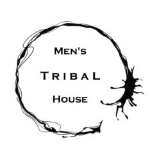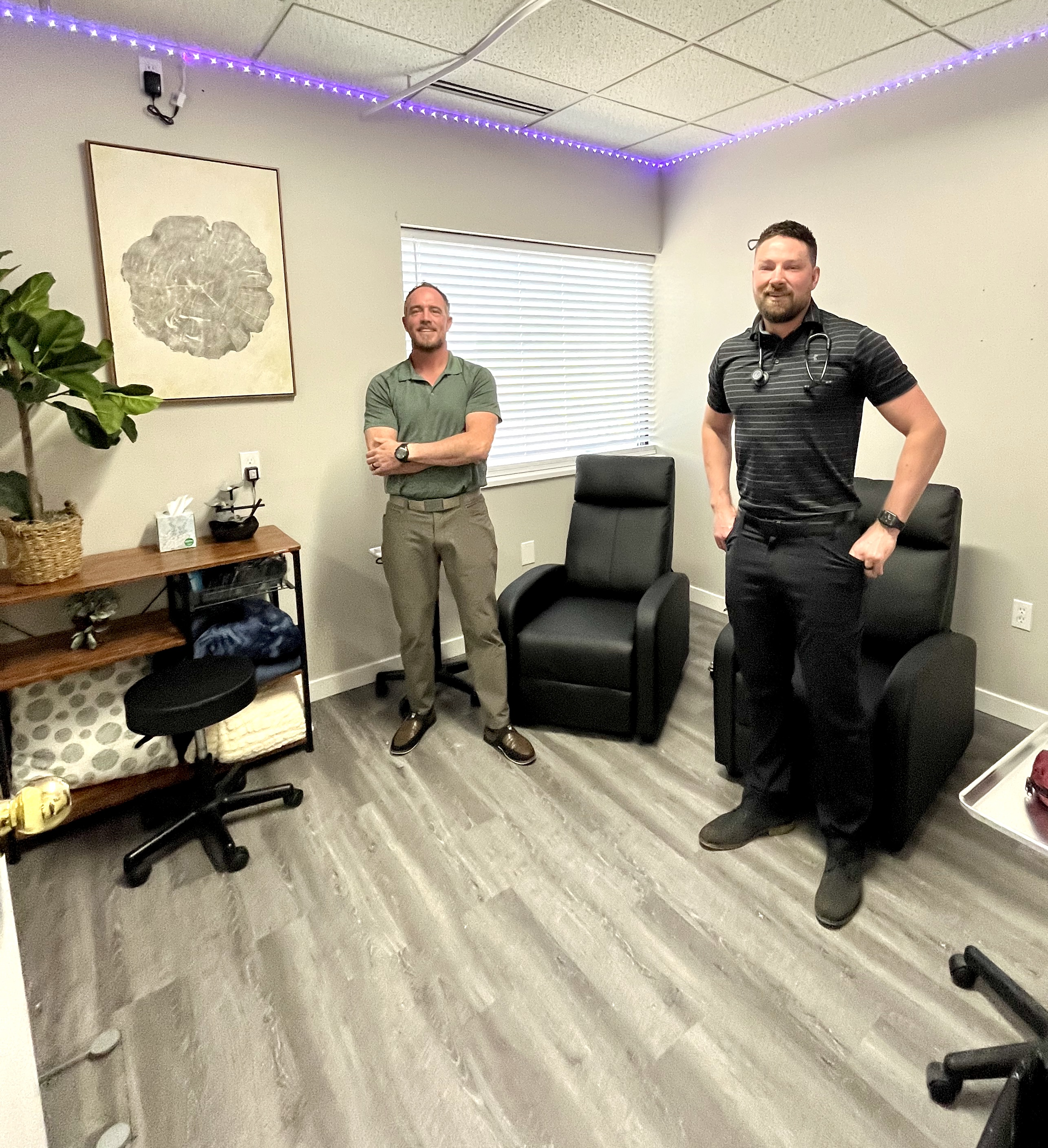Title: Hormone Therapy: A New Frontier in Men’s Sobriety
In the quest for sobriety, many men find themselves battling not only addiction but also an underlying sense of not feeling “right.” This feeling can often be linked to hormonal imbalances, particularly low testosterone, which is more common than many might think. At Men’s Tribal House, in collaboration with Empathetix Wellness Clinic in Salt Lake City, Utah, we’re exploring how addressing these hormonal deficiencies can be a pivotal step in the recovery journey.
Understanding Low Testosterone (Low T)
Testosterone, the primary male sex hormone, plays a crucial role beyond just sexual health. It influences mood, energy levels, muscle mass, and even cognitive functions. As men age, particularly past 35, testosterone levels naturally decline. However, factors like poor diet, lack of exercise, chronic stress, and even environmental toxins can accelerate this decline, leading to what’s commonly known as Low T.
The Link Between Low T and Addiction
Many individuals turn to substances as a form of self-medication. When someone feels perpetually tired, depressed, or lacks the drive to engage in life, drugs or alcohol might seem like a quick fix. However, for men with Low T, these symptoms are not just psychological but have a physiological basis. Here’s how addressing Low T can aid in sobriety:
- Improved Mood and Energy: Testosterone therapy can significantly lift mood and increase energy levels, reducing the need to self-medicate with substances.
- Enhanced Cognitive Function: Better hormone balance can improve concentration and memory, making therapy and recovery programs more effective.
- Increased Motivation: With higher testosterone levels, men often report feeling more motivated to engage in physical activities and social interactions, which are crucial for maintaining sobriety.
- Physical Health Benefits: Improved muscle mass and bone density can boost overall health, making the body less susceptible to the physical toll of addiction.
The Role of Men’s Tribal House and Empathetix Wellness Clinic
At Men’s Tribal House, we integrate comprehensive health assessments, including hormone level testing, into our recovery programs. Here’s how we approach this:
- Initial Assessment: Every client undergoes a thorough medical evaluation, including blood tests to check hormone levels.
- Collaboration with Specialists: Working closely with Empathetix Wellness Clinic, we ensure that those diagnosed with Low T receive tailored hormone replacement therapy under medical supervision.
- Holistic Recovery: We believe in treating the whole person. Hormone therapy is just one part of a broader recovery plan that includes therapy, nutritional counseling, exercise, and community support.
- Monitoring and Adjustment: Hormone levels are regularly monitored to adjust treatments, ensuring they remain effective and safe.
The Broader Implications
The approach of integrating hormone therapy into addiction recovery isn’t just about treating symptoms but addressing root causes. For many men, feeling “right” again can be the difference between relapse and sustained sobriety. This method challenges the traditional views of addiction treatment, advocating for a more holistic, biologically-informed approach.
Conclusion
Hormone therapy for men in recovery from substance abuse represents a promising intersection of endocrinology and addiction medicine. By addressing Low T, we’re not only helping men feel better physically but also mentally and emotionally, which can significantly enhance their chances of achieving and maintaining sobriety. At Men’s Tribal House, we’re committed to exploring every avenue that science offers to support our clients in their journey back to health and vitality. If you or someone you know is struggling with addiction, consider the possibility that there might be more than meets the eye – or rather, more than what’s in the mind, flowing in the blood.

